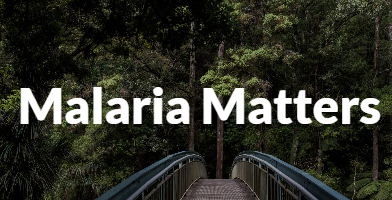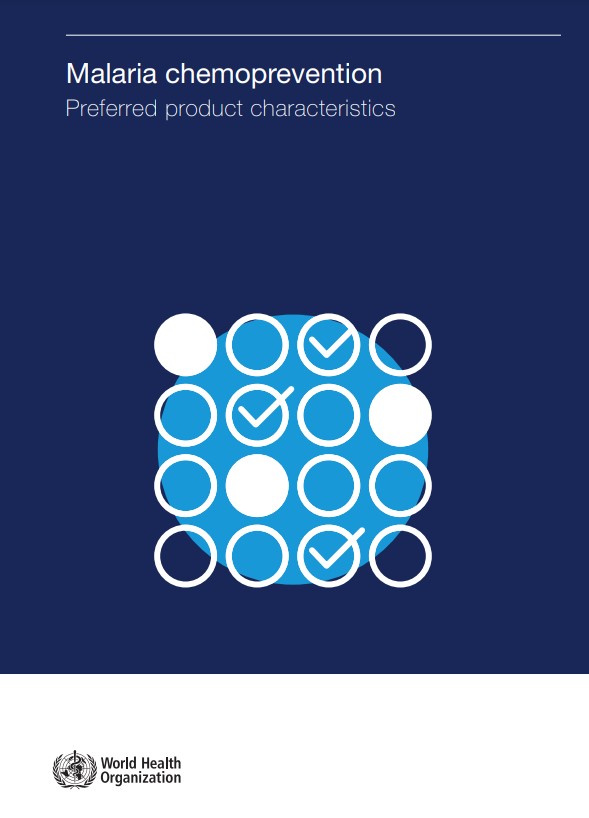Last Updated: 24/02/2025
Infection Tracking in Travellers (ITIT)
Objectives
The research objectives in this four-year project, using an App called ITIT, are:
- to evaluate the spectrum of in-travel infection symptoms encountered by different groups of travellers: tourists versus business/corporate versus VFR versus mass gathering travellers.
- to identify sex and age specific profiles of travel-associated illness.
- to evaluate the changing epidemiology of malaria and arboviral infections based on geo location and environmental data and traveller symptoms (fever, pain +/- rash, +/- red eye) reporting
- to follow up on long-term sequelae of arboviral infections and malaria, investigate their prevalence, risk factors and impact on Quality of Life.
International travel is growing exponentially. Globally, there will be a projected 1.8 billion traveller arrivals in 2030. Current surveillance of travellers’ health is top-down (i.e. clinicians/laboratories report illness) and only a small proportion of illness events are captured. More data are needed on the types of infections acquired by different groups who have varying purposes of travel such as business/corporate travellers, those visiting friends and relatives (VFR), leisure/tourist travellers and mass gathering event (Hajj, Olympics, World Cup) attendees. More data are needed to profile infections in travellers according to age and sex as men and women have different infection susceptibilities. Infectious diseases, in particular the spread of malaria and “arboviral infections”,(i.e. viruses such as dengue) pose major threats with changing epidemiology influenced by climate, environmental factors and human mobility. The extent and impact of these infections on travellers’ health and their long-term sequelae have scarcely been evaluated.
This study will adhere to strict ethical and data protection standards for the App that will inspire trust in the users. All data are anonymous. Symptoms data will be collected using a modification of an existing smartphone App (TOURIST). Traveller participation will be encouraged with motivational features such as pop-up windows giving advice on minor illnesses, such as travellers’diarrhoea, insect bites, vomiting, that occur frequently during travel. The information provided in these pop ups will follow “WHO International Travel and Health” advice. After a pilot study of fifty travellers at the University of Zürich Centre for Travel Medicine, more than 10,000 travellers will be recruited, from Switzerland, later Europe (using the EuroTravNet network partner clinics) and also via WHO websites.
Impact: This research will define infectious disease profiles of travellers by age, sex, purpose of travel, location, climate and environmental factors and will pave the way for personalized travel health advice. It will revolutionize surveillance by allowing bottom up reporting of illness symptoms by travellers enabling the follow up of sequelae of arboviral infections. These data will allow for preparedness in view of increasing numbers of viremic travellers arriving in Europe and the presence of competent vectors.
The proposed study will be a non-interventional, prospective cohort study where data on travel-related infections are collated building on a smartphone App used in prior studies (Tourist 1 and 2). ITIT will have a low questionnaire burden to encourage participation. The informed consent will be a simplified digital consent. The entry questionnaire will collect five variables: age, sex, purpose of travel, destination and duration of travel. Each day, a pop-up window will ask ‘Did you have any health problems today’. If the answer is “yes”, a drop-down list of symptoms will appear. This list of symptoms will be based on the most common symptoms reported by travellers in earlier studies and will be based on 4 health domains (gastrointestinal symptoms, respiratory symptoms, skin infections and rashes, fever, pain and myalgia) with Likert scale, self-rating of severity. Combined with the variables from the brief entry questionnaire this will allow for the profiling of traveler health according to sex, age, geolocation, meteorological and purpose of travel. To fulfill objective 4), a follow-up, questionnaire will be sent to all participants who reported (fever, pain,+/-rash, +/- red eye) one week, two weeks, one- two- six months and one year after travel asking “have your symptoms resolved” with a self-rating of the severity of persisting symptoms and a QoL questionnaire and asking “did you have a medically confirmed diagnosis of any of the following: dengue, chikungunya, Zika, malaria?”. Any participant reporting a confirmed arboviral infection or malaria will receive a standardized invitation to be part of a study cohort evaluating long-term sequelae of these infections.
Oct 2020 — Sep 2025
$577,555

